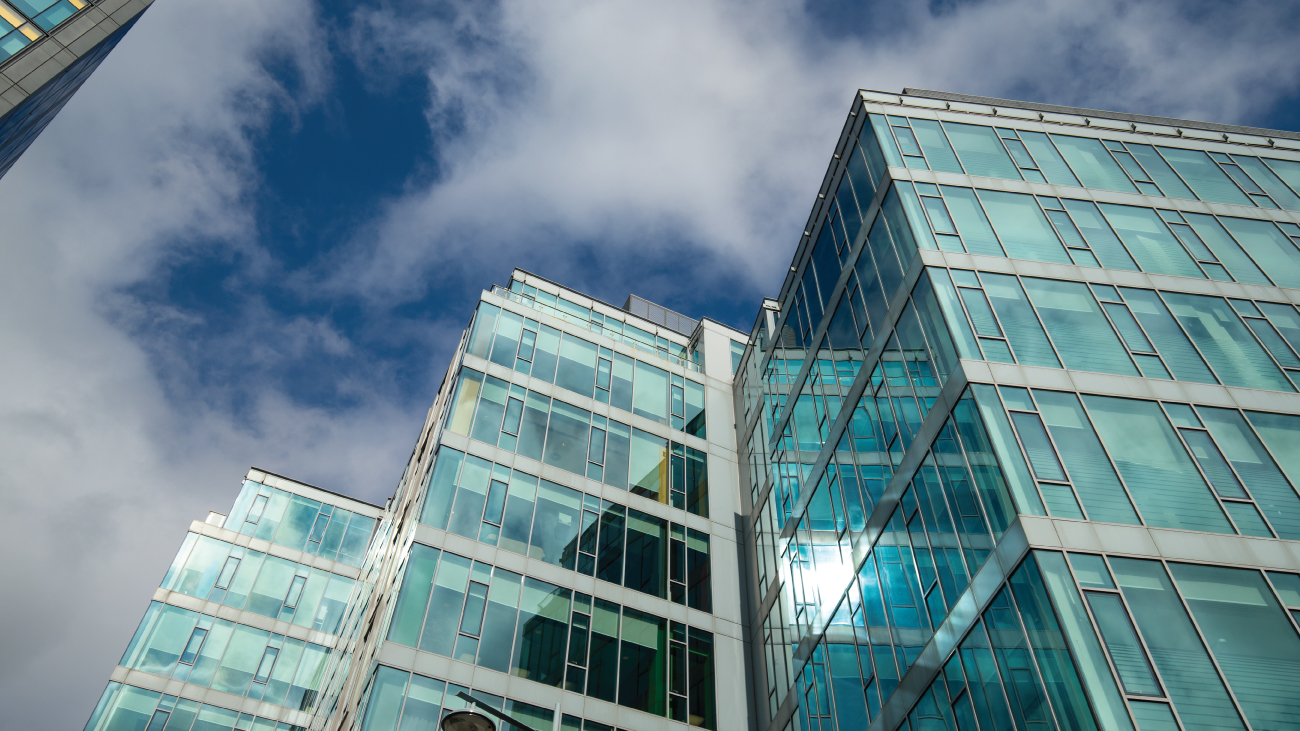A Leaf Through Key Considerations Relating to Green Leases in Ireland
08 Nov 2022
Green leases are not a new concept, however, there is increased focus on such leases in the Irish real estate sector recently due to environmental concerns, a collective responsibility (and indeed desire) to become more energy and environmentally efficient as well as increased scrutiny on environmental, social and governance ("ESG") requirements.
Broadly, a green lease is a standard form commercial lease that contains additional provisions relating to the improvement and management of the sustainability and environmental performance of a premises. The exact provisions will vary from lease to lease, however, at a minimum matters such as waste and water management, the use of sustainable materials and provisions relating to the environmental performance of the premises are usually covered by a green lease.
The Rationale for Green Leases
There are several reasons a landlord and a tenant would incorporate green provisions into a lease. These include:
- Achieving greater environmental efficiency of the premises resulting in lower greenhouse gas emissions and lower energy bills;
- Complying with any ESG or sustainability commitments made by the landlord or the tenant. ESG policies are becoming increasingly common in all organisations, particularly larger ones;
- Complying with statutory requirements. For example, the European Union is proposing to move from the current nearly zero-energy buildings to zero-emission buildings ("ZEBs") by 2030. A ZEB is defined as a building with a very high energy performance, where the very low amount of energy required is fully covered by energy from renewable sources and without on-site carbon emissions from fossil fuels. The ZEB requirement is due to apply 1 January 2030 to all new buildings, and 1 January 2027 to all new buildings occupied or owned by public authorities;
- Future-proofing the premises against changes to legislative requirements regarding climate change, volatile energy costs, potential water or energy supply shortages;
- Using the lease as a tool to combat climate change and provide climate solutions; and
- Protecting the future investment value of the premises and ensuring access to green finance.
Green Provisions and Key Lease Clauses
There are numerous clauses in which green provisions may be incorporated into a standard commercial lease, including: outgoings, repair and decoration, alterations, reinstatement, rights of entry by landlord, environmental legislation, waste management, service charge and data sharing. We have summarised some of the relevant considerations below.
Service Charge
The drafting of service charge clauses should be scrutinised carefully on any new lease by both a landlord and a tenant. The parties may wish to ensure that the clause contains green provisions where agreed, or where green provisions are not specifically included a landlord may require that the clause is flexible enough to allow it to recover potential future costs relating to the improvement of the energy efficiency of the premises.
When considering an existing lease a landlord should be aware that energy efficiency works may be categorised as 'improvements' and many service charge provisions may exclude expenditure incurred by a landlord for improvements. Where a premises forms part of a larger scheme landlords should seek to incorporate any variations which allow for green provisions into existing leases in the scheme as well as into new leases. Amendments to the service charge regime may only properly function if the existing leases in a scheme are varied to incorporate these changes so as to ensure all tenants are obliged to contribute equally to any environmentally friendly measures undertaken by the landlord. Depending on the circumstances this may prove difficult to agree with existing occupiers and a tenant may seek a concession in return for agreeing to any such variation. Tenants may also be reluctant to agree to measures relating to the environmental performance of a premises being included in the service charge unless they receive a benefit, for example lower energy bills.
Reinstatement / Alterations
Green reinstatement clauses are fundamentally different to the usual reinstatement clauses generally seen in commercial leases over the past number of years. The focus of a green reinstatement clause is to reduce waste and drive energy efficiency on the expiry of a lease. Such clauses generally provide that a premises should only be reinstated where it is reasonable to do so having regard to the environmental performance of the premises and the future use or re-letting of the premises. For example, in circumstances where tenant alterations improved the energy efficiency of a premise it may not be in keeping with ESG policy for a landlord to subsequently require reinstatement on the expiry of the lease.
In terms of tenant alterations and fit outs green clauses may require a tenant to use certain sustainable materials and / or to use local suppliers. There may also be a requirement to make the fit out more generic so that it may be suitable for another future occupier and therefore be less likely to require reinstatement. As a result, there should be less waste of materials.
The alterations clause may also provide that the tenant may not make any alterations which may adversely affect the Building Energy Rating ("BER") or environmental performance of the premises.
Repairs and Decorations
A green lease may oblige a tenant to use environmentally sustainable materials where possible when carrying out repairs and decoration to the premises during the term of the lease.
Rights of Entry by the Landlord
A green lease may provide for additional purposes for which the landlord may exercise the right to enter the premises, including carrying out works to improve the environmental performance of the premises, installing metering equipment, reviewing the tenant's water use and for waste management purposes.
Environmental Performance / Data Sharing
At a minimum, a green lease will include provisions providing that the parties co-operate with each other to improve the environmental performance of the premises and share data in
relation to the environmental performance of the premises.
It may be agreed that the parties set joint targets in relation to the environmental performance of the premises, for example energy and water reduction, recycling rates and an agreed target BER rating.
A green lease may also oblige the landlord to use reasonable endeavours to implement measures that improve the environmental performance of the premises.
Challenges
In order to implement green lease provisions effectively, a move towards collaboration between landlords and tenants is required. The parties should seek to work together with the joint objective of maximising the sustainability and environmental credentials of the premises and should view the adoption of green lease provisions as an investment in the future. To achieve this, a shift from the traditional adversarial approach towards a more collaborative approach will be required on commercial lease negotiations.
It should also be borne in mind that green lease provisions require flexibility and should not be too narrowly drafted due to the rapidly evolving legal requirements and best practice recommendations around energy efficiencies and ESG. The clauses must have the ability to be adapted to accommodate changing practice and regulation as the term of the lease progresses.
Conclusion
It is anticipated that the use of green leases will become more widespread in this jurisdiction in the coming years. ESG requirements are now one of the key criteria for investors within commercial real estate and society is more focused than ever on global warming and climate change.
Furthermore buildings with green strategies in place are attracting higher rents and / or purchase prices than those without - the so-called 'greenium'. As a result, the use of green lease provisions is beneficial both from an environmental perspective and from an investment perspective for both landlords and tenants.







